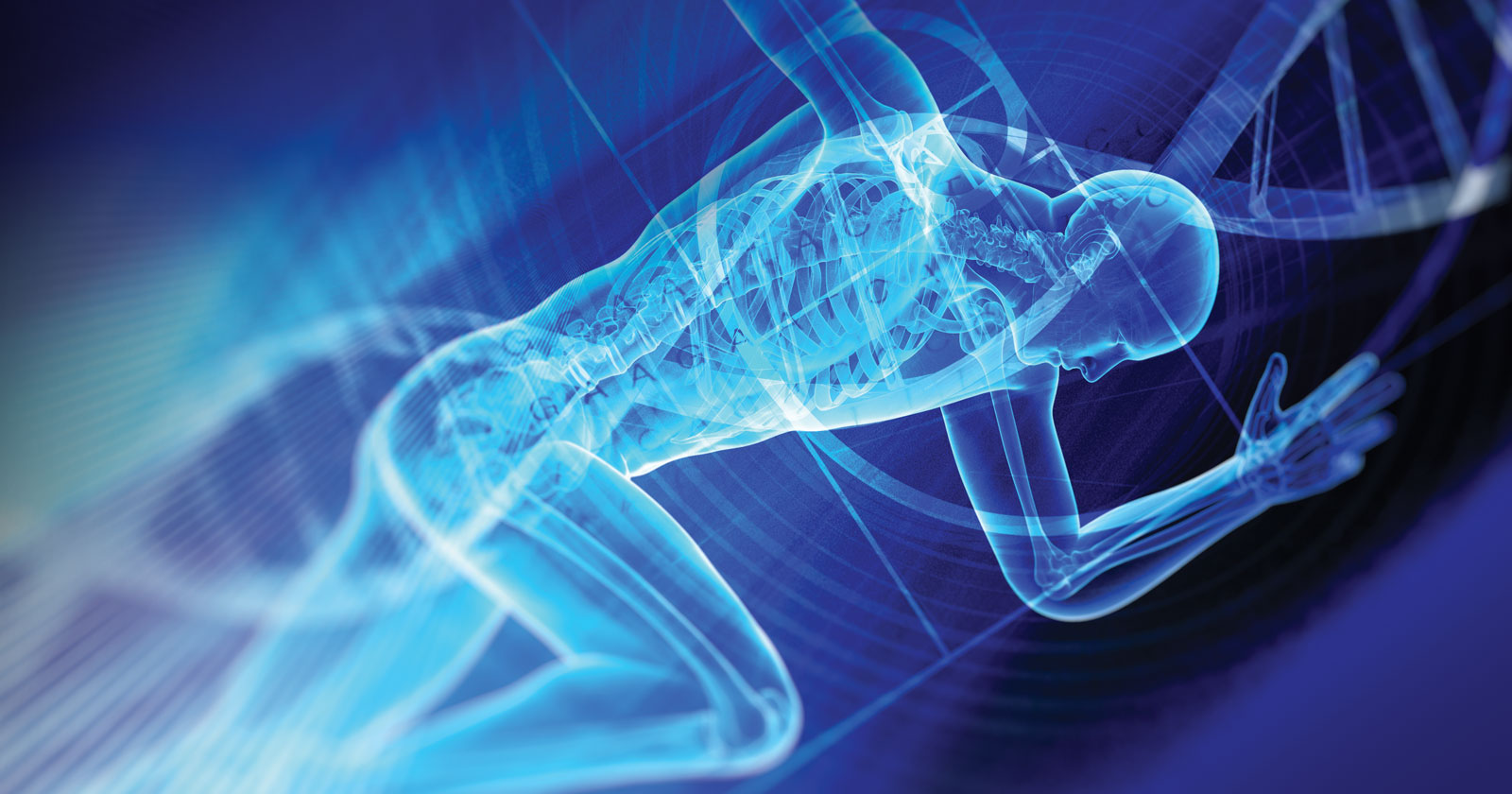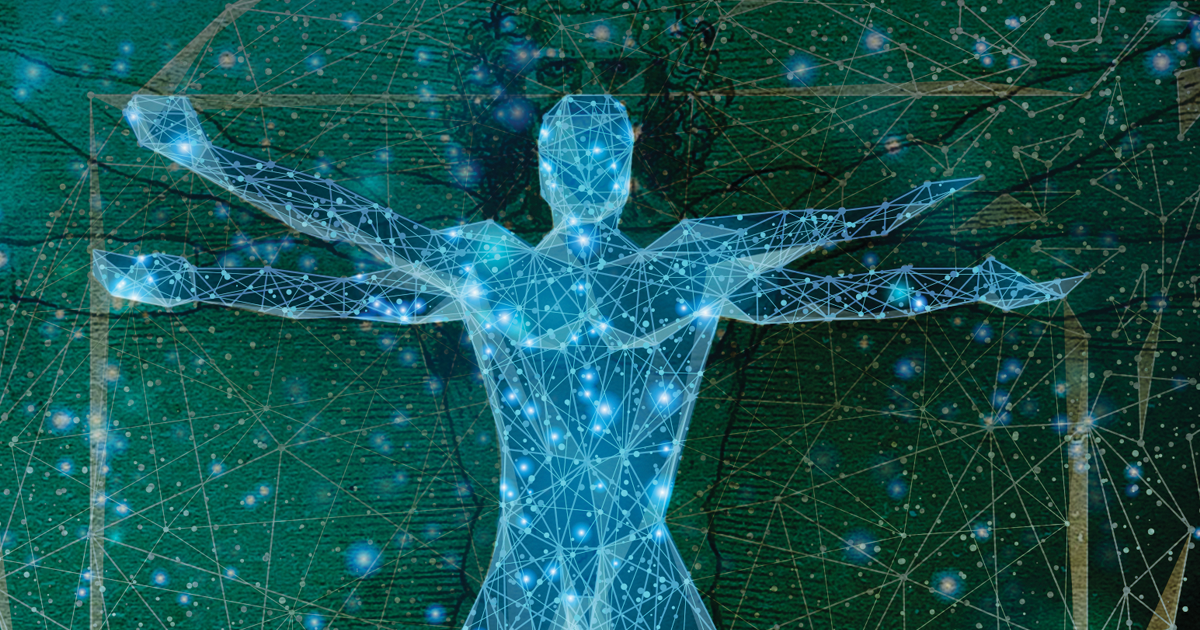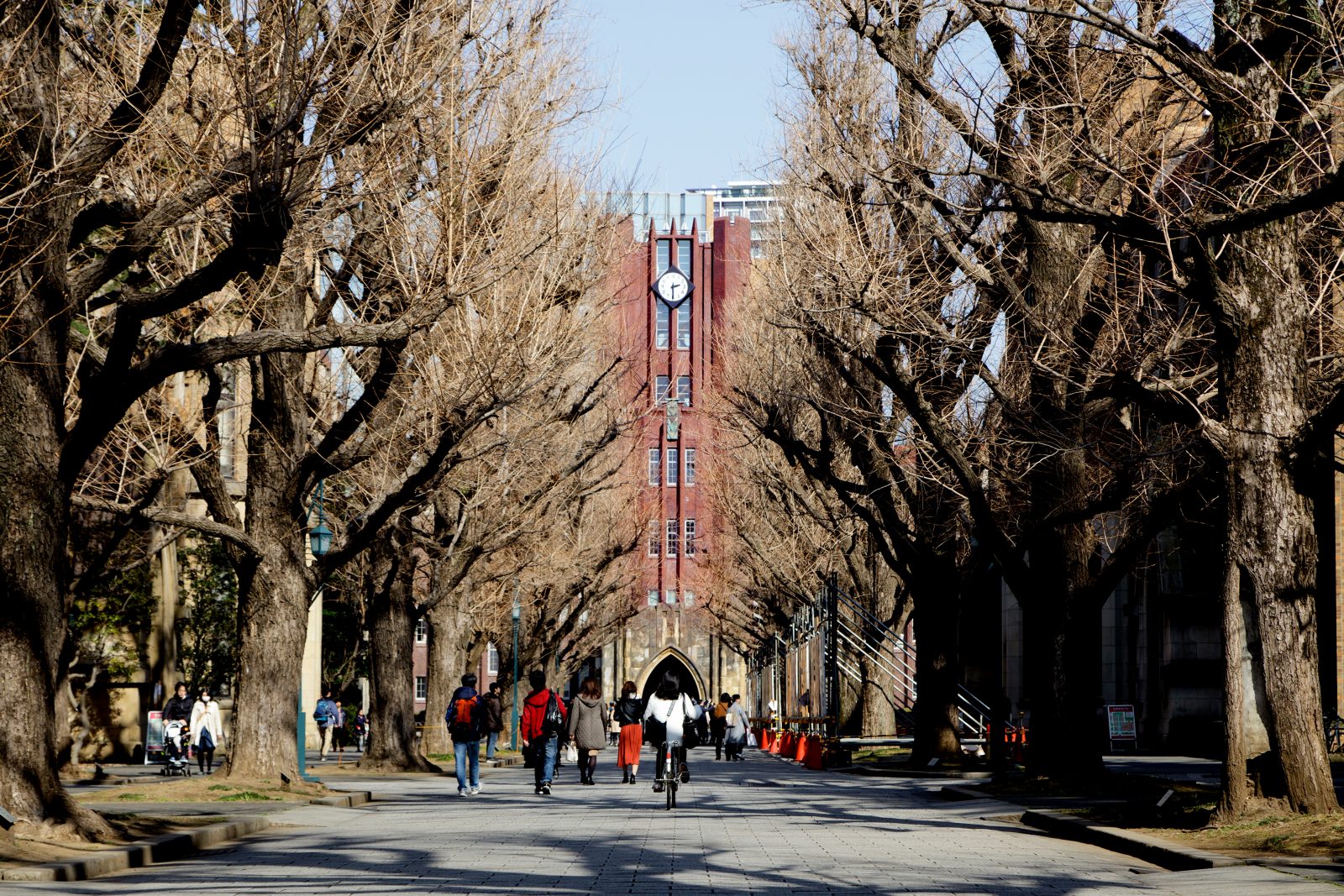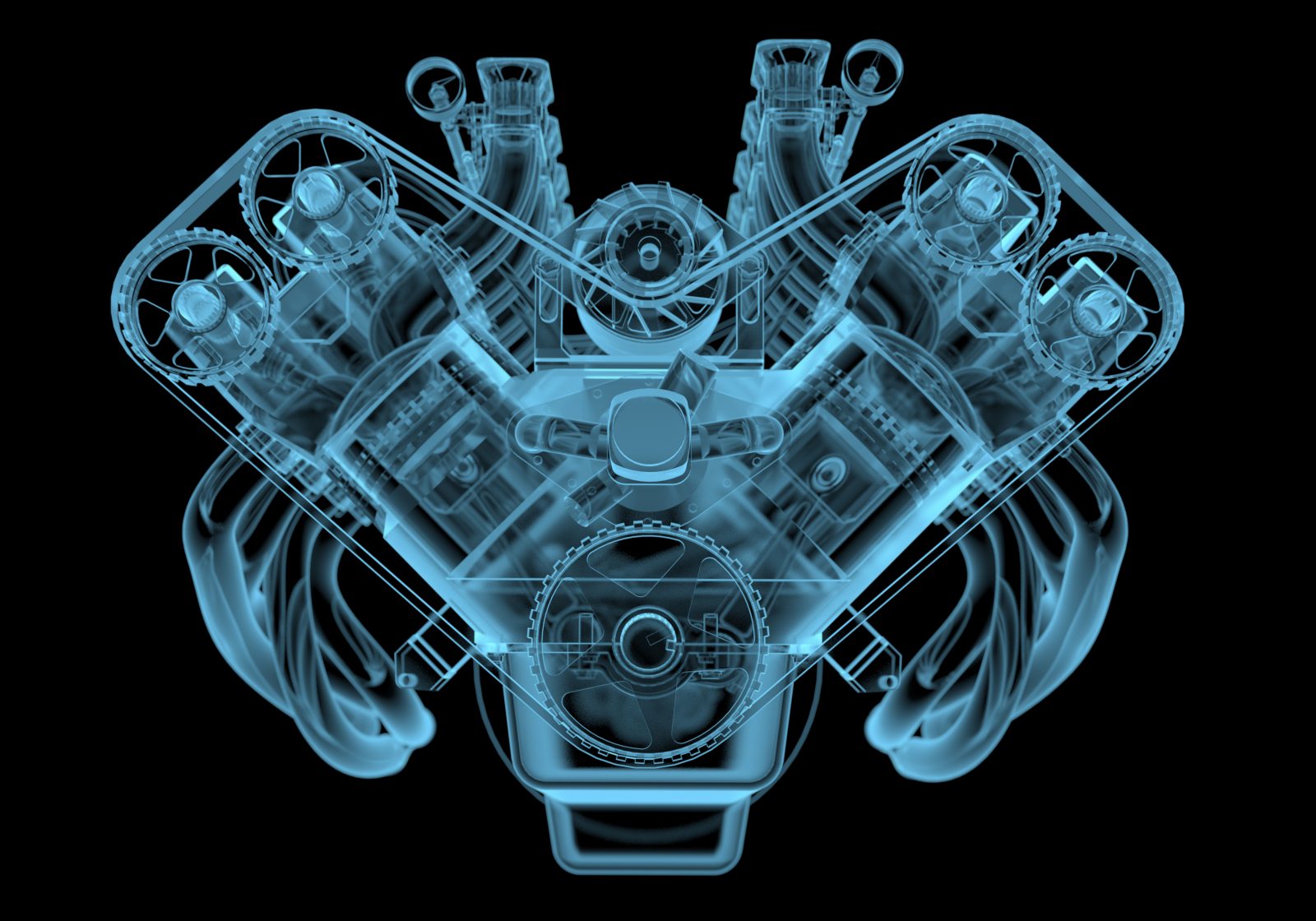


A Physician’s Fantastic Voyage through Your Designed Body
On today’s ID the Future Your Designed Body author and physician Howard Glicksman takes a deep dive with Philosophy for the People podcast host Pat Flynn into Glicksman’s new book, co-authored with systems engineer Steve Laufmann. As Glicksman puts it, he and Laufmann look not just at how the human body looks but at what it actually takes for it to work and not die, and what this implies for evolutionary theory. Begin by piling up the layers of complexity in the human body—the layer upon layer of complex interdependent systems. Then ask hard questions about whether any blind and gradual evolutionary process could have kept our evolutionary ancestors alive at every generational stage as all this was gradually engineered Read More ›

The Miracle of Man: Extraordinary “Coincidences” All the Way Down
On today’s ID the Future, Miracle of Man author and biologist Michael Denton continues his conversation with host Eric Anderson. Here Denton does a rapid flyover of several more anthropic “coincidences” in chemistry, biochemistry, and Earth science that are fine tuned to allow air-breathing, bipedal, technology-developing terrestrial creatures like ourselves to exist and thrive. The fine tuning, what Denton calls anthropic prior fitness, would seem to require foresight and planning on literally a cosmic scale. The wide-ranging conversation, the final one in a four-part series, gives a flavor for the breadth—if not the depth and richness—of Denton’s new book from Discovery Institute Press, available here.

Origin-of-Life Mystery at the University of Tokyo, Pt. 2
Today’s ID the Future is Part 2 of physicist Brian Miller exploring a recent report from the University of Tokyo claiming a big breakthrough in origin-of-life research. As Miller and host Eric Anderson make clear, the university’s laboratory work on RNA, detailed in a recent Nature Communications article, involved the intelligent interference of the lab scientists and, despite this intelligent interference, the devolution of RNA rather than the evolution of increasing RNA sophistication. Miller says that it’s ironic that Steven Novella, a scientist committed to puncturing science hype, seems to have fallen for the hype surrounding this laboratory work. Miller and Anderson go on to discuss critiques of origin-of-life tall-tale claims, critiques coming Robert Shapiro, James Tour, and others. Life, Read More ›

Axe’s Not-So-Secret Guide to Making Cookies and Dragonflies
This ID the Future brings in protein scientist Douglas Axe to discuss his contribution to a new book, The Comprehensive Guide to Science and Faith. Axe and host Casey Luskin discuss Axe’s thinking on the design intuition, the evidence that it’s triggered almost universally in small children when they observe things like dragonflies or fresh-baked cookies, and why he’s convinced that this intuition is a rational one rooted in our true sense of what sorts of things require know-how for their creation. For those who retort “Science!,” Axe has some of that to offer as well. As he tells Luskin, he led an experiment at a lab in Cambridge, England, on the abilities and limits of an enzyme to evolve. The research Read More ›

Brian Miller on Life, Thermodynamics and Jeremy England
In today’s ID the Future physicist Brian Miller discusses fellow physicist Jeremy England’s book Every Life Is on Fire: How Thermodynamics Explains the Origin of Living Things. Has England made a significant step toward solving the mystery of how life first began? In Miller’s conversation with host Eric Anderson, he argues that while England’s laboratory work is fascinating and innovative, what’s happening in his experiments differs dramatically from what is required of even the simplest life, so much so that the experiments do not shed the kind of light on the mystery of life’s origin that some may hope they do. Moreover, life does certain crucial things with energy that are unknown outside of the biological realm, Miller says, and Read More ›

James Tour–A Flyover of the Challenges Facing Abiogenesis
Today’s ID the Future features the next in a YouTube video series by Dr. James Tour on the origin-of-life problem. Here Tour, a distinguished synthetic organic chemist, lists the characteristics of life and describes some features of the early Earth where life first appeared. Then he provides a fast flyover of the many grave problems of blindly evolving the first living cell from prebiotic materials.

James Tour and Brian Miller Talk Engines We Can’t Live Without
Today’s ID the Future features Part 1 of an extended interview that first appeared on a podcast show hosted by distinguished Rice University synthetic organic chemist James M. Tour. As he typically does, since it’s the Science & Faith podcast, Dr. Tour begins his show by asking his guest for a statement of faith. Miller, a Christian, gives his, and then they dive into origin-of-life science. In a surprisingly accessible discussion given the depth of the material, the pair cover a range of issues—thermodynamics and the origin of the first cell, entropy, free energy, order and disorder, molecular engines, non-equilibrium thermodynamics, and the need for engines and information to overcome the vicissitudes of entropy. Also in the mix—feedback loops, Jeremy Read More ›

Protein Scientist Douglas Axe at the Dallas Area Science and Faith Conference
On this episode of ID the Future, guest host Jonathan Witt sits down with molecular biologist Douglas Axe at the recent Dallas Science and Faith Conference. Axe, author of Undeniable: How Biology Confirms Our Intuition That Life Is Designed, had his research on protein folds published in the Journal of Molecular Biology, work showing that random mutations are not up to the task of building fundamentally new protein folds from old, a finding that poses a major challenge to modern evolutionary theory. After all, if evolution can’t build something as basic as a new protein fold, how could it build whole new organs and body plans in the history of life? But Witt presents Axe with an objection: Axe couldn’t Read More ›

Omega-3 Nutrition Pioneer Tells How He Saw Irreducible Complexity in Cells 40 Years Ago
On this episode of ID the Future, Jorn Dyerberg, the Danish biologist and co-discoverer of the role of omega-3 fatty acids in human health and nutrition, talks with Brian Miller about finding irreducible complexity in cells 40 years ago. It wasn’t until he encountered ID researchers like Michael Behe that he gave it that name — but he saw how many enzymes and co-enzymes it took working together to make metabolism work in every living cell. And if neo-Darwinism is true, and these enzymes showed up one at a time, “And over these eons, the other enzymes would just be sitting there waiting for the next one to come.”
Read More ›